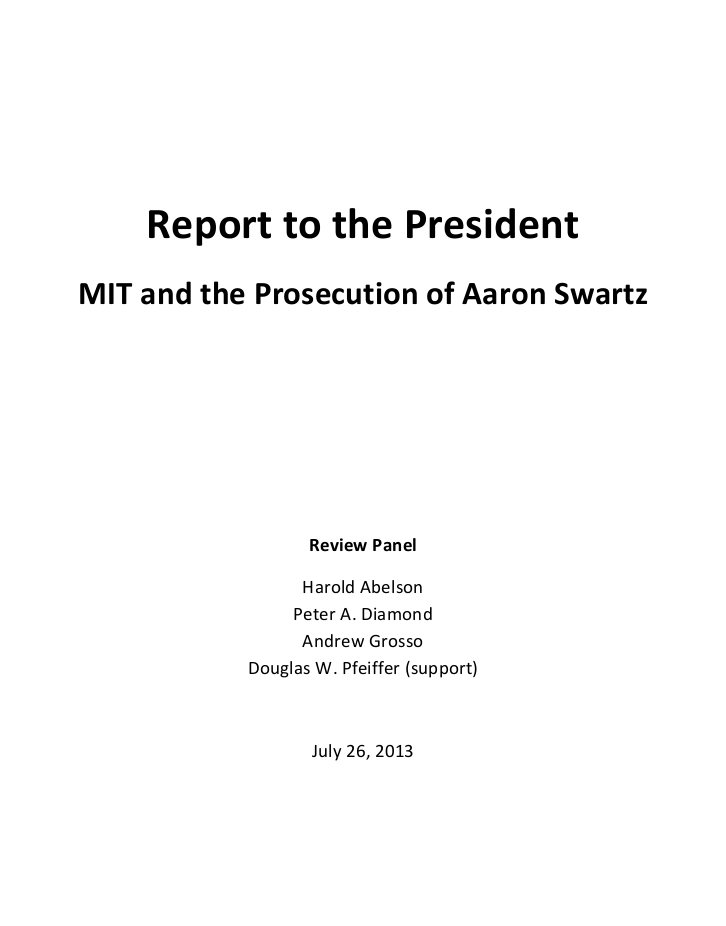On Democracy by Saddam Hussein (2012)
Filed under book | Tags: · democracy, iraq, politics

In 2003, after returning from a month-long stay in Baghdad, Paul Chan was given a gift from a colleague in the human-rights group Voices of the Wilderness: a copy of three speeches on democracy written by Saddam Hussein in the 1970s, before he became president of Iraq. The speeches, compiled here for the first time in English, are politically perverse, yet eerily familiar. The then vice president of Iraq characterizes social democracy as demanding authority, and defines free will as the patriotic duty to uphold the good of the state. This volume takes the speeches as an opportunity to ask what democracy means from the standpoint of a notorious political figure who was anything but democratic, and to reflect on how promises of freedom and security can mask the reality of repressive regimes.
With drawings by Paul Chan, including a new suite in its entirety, and essays by Bidoun’s Negar Azimi, philosopher and artist Nickolas Calabrese and journalist Jeff Severns Guntzel.
Edited, and with Artwork by Paul Chan
Publisher Badlands Unlimited, Brooklyn, New York, with Deste Foundation, Athens, 2012
ISBN 1936440326, 9781936440375
144 pages
via Badlands Unlimited
An interview with Paul Chan about the book (Paul Schmelzer, WalkerArt.org)
Note: Apple and Amazon ebook version includes original video clips.
Comment (0)Culture Machine, 14: Platform Politics (2013)
Filed under journal | Tags: · collaboration, networks, politics, social movements, software, web

This special issue explores how digital platforms can be understood, leveraged and contested in an age when the ‘platform’ is coming to supplant the open Web as the default digital environment.
Platforms can be characterized as resting on already existing networked communication systems, but also as developing discreet spaces and affordances, often using ‘apps’ to circumvent any need to access them via the Internet or Web. Papers in this issue explore the nature and distinctive aspects of the ‘platform’: as something that can be positioned as more than just a neutral space of communication; and as a complex technology with distinct affordances that have powerful political, economic and social interests at stake. In this respect the platform constitutes a zone of contestation between, for example, different formations and configurations of capital; social movements; new kinds of activist networks; open source and proprietary software design. Platforms also constitute spaces of struggle between mass movements and governments, users and the extractors of value, visibility and invisibility: witness the various debates over the role of ‘social media’ in the Arab Spring, anti-austerity, student and occupy movements. Such struggles entail a compelling intersection between technology and design, capital, multitude, the democratization of technology and ‘subversive rationalization’.
The platform represents not just a question of software and control, then; it also connects to wider social struggles in the sense that ‘platform’ can refer to a ‘political platform’, and can thus take on the agenda setting or framing role of political discourse more generally. Accordingly, this special issue looks to understand ‘platform politics’ as a broad social assemblage, complex or form of life. Linking particular platforms across the molecular and molar, it thinks about platform politics as a distinct new context of power operating at the intersection of technological development, software design, cognitive/communicative capitalism, new forms of social movement and resistance, and the attempts to contain them by the exiting democracies. (adapted from call for papers for this issue)
Edited by Joss Hands, Greg Elmer and Ganaele Langlois
Publisher Open Humanities Press, 2013
Open Access
ISSN 1465-4121
PDF (added on 2013-8-1, via Marcell Mars)
PDFs (updated on 2019-11-20)
MIT and the Prosecution of Aaron Swartz (2013)
Filed under report | Tags: · activism, copyright, law, politics

“In January 2013, MIT President L. Rafael Reif asked Professor Hal Abelson to lead a thorough analysis of MIT’s involvement in the Aaron Swartz matter, from the time that MIT first perceived unusual activity on its network in fall 2010 up to the time of Aaron Swartz’s suicide on January 11, 2013.
On July 26, 2013, Professor Abelson and his team submitted their report to President Reif.” (source)
“Abelson and his panel interviewed 50 people and reviewed 10,000 pages of documents to produce the report, about 3,000 of which were released in redacted form.” (source)
Publisher Massachusetts Institute of Technology, 26 July 2013
Review Panel: Harold Abelson, Peter A. Diamond, Andrew Grosso, Douglas W. Pfeiffer (support)
Creative Commons Attribution 3.0 Unported License
182 pages
via Marcell Mars
“MIT Report is a Whitewash” (statement by Aaron Swartz’s partner Taren Stinebrickner-Kauffman in response to MIT’s report, 30 July 2013)
“MIT Moves to Intervene in Release of Aaron Swartz’s Secret Service File” (Kevin Poulsen, Wired, 18 July 2013)
publisher
summary from the publisher

